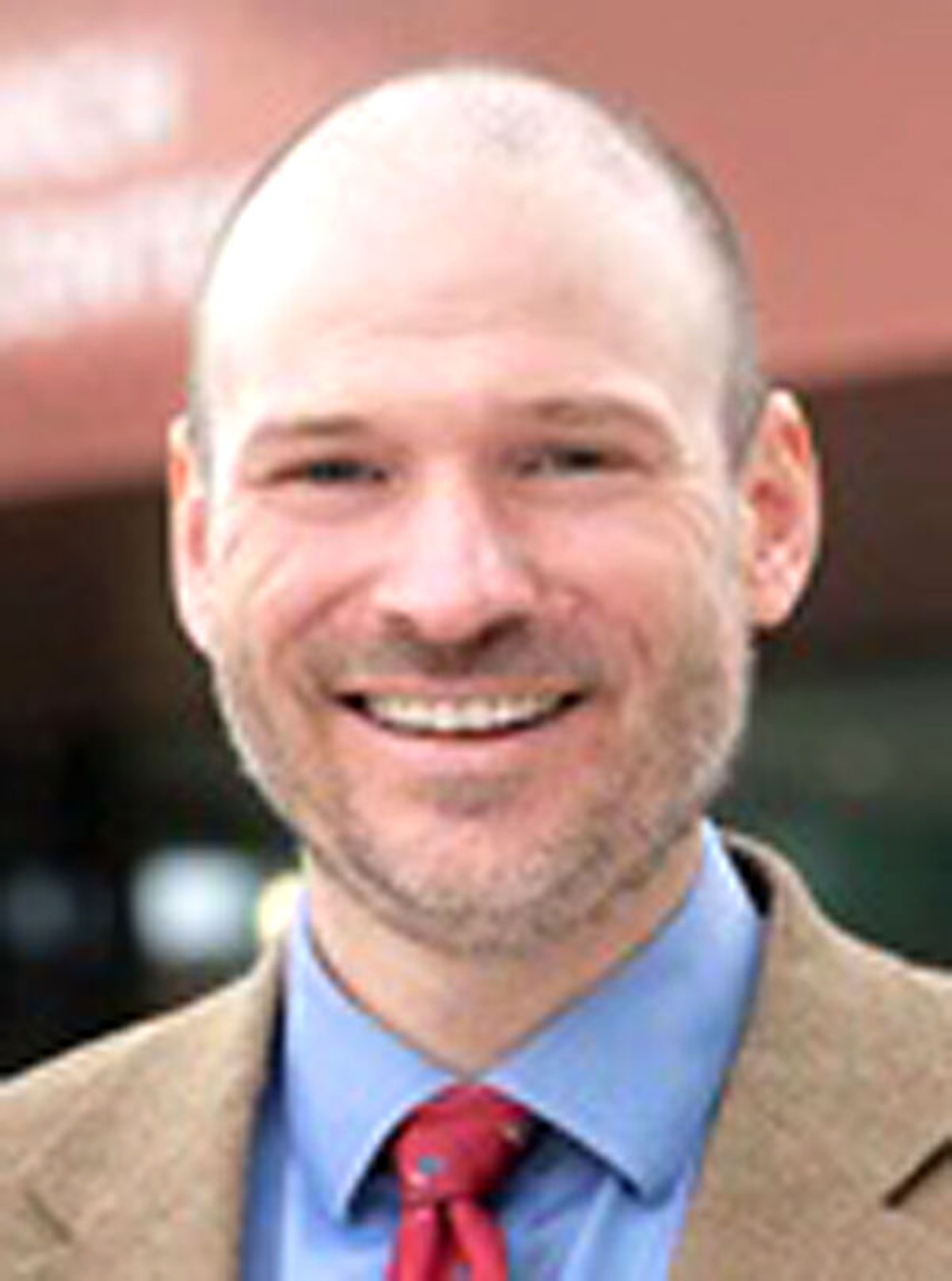UI researchers: Trust key to addressing COVID-19
New study finds link between how people feel about the government and how they react to the virus
MOSCOW — How communities react to the spread of COVID-19 likely depends on what the government says, whether people trust the government and where people lean politically.
A team led by University of Idaho researchers has the data to back that up.
That team, led by UI mathematics professor Benjamin Ridenhour, completed a study that was published in the academic journal PLOS One. The work was a collaboration of eight UI researchers and one from the University of Texas-Austin across disciplines like mathematics, public health and sociology.
Ridenhour said they embarked on this study because they were interested in how COVID-19 affected rural communities.
For this project, the team surveyed more than 1,000 households in Idaho, Texas and Vermont during fall 2020. They picked Vermont because it is a largely rural state with a more Democratic-leaning population than Idaho, Ridenhour said. They also picked Texas because it has a mix of rural and metropolitan communities.
They found that what the government says and whether people trust the government played a major role in how they responded to the pandemic.
“If you trust what you’re being told from the government, that affects sort of how you perceive the situation,” Ridenhour said. “If the government’s telling you that, ‘Oh, this isn’t very risky, go about your daily life,’ you’re probably going to perceive less health risk. You’re going to perceive that you don’t need to engage in some of these prophylactic behaviors.”
They found rural residents trusted the government less and perceived COVID-19 as less of a health risk compared to urban communities in the same state.
The winter 2020 COVID-19 wave led to more infections, hospitalizations and deaths in communities where fewer people followed safety measures, the team discovered.
Where people stood politically also became a crucial factor.
“We did see that if you were right-leaning in terms of political spectrum, you were less likely to trust the government,” he said.
He noted that when the survey results were collected, a Democratic administration was voted into office, which likely lessened that trust even further.
Their study found that cultivating trust in the government, and what messages that government puts out, are key to getting more people to take part in health and safety protocols, such as mask use.
“The more we can foster that trust, the better we are in terms of being able to respond to pandemics that may arise and other public health crises we might face in the future,” Ridenhour said.
The solution to earning trust is not clear, but Ridenhour said other studies show that group messaging is important. For example, Republican voters are more likely to accept messages from other Republicans.
Ridenhour said he was surprised to see other factors, such as income and education levels, were not as important as how people felt about the government.
In the future, he hopes that political leaders “take into account that it really matters what they’re saying.”
Ridenhour has done COVID-19 research before, including making statistical models for Idaho that predicted how severe COVID-19 might be in different counties depending on what safety protocols are implemented, such as mask mandates and closing down businesses.
Kuipers can be reached at akuipers@dnews.com.









